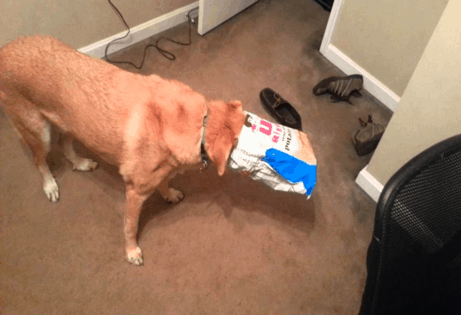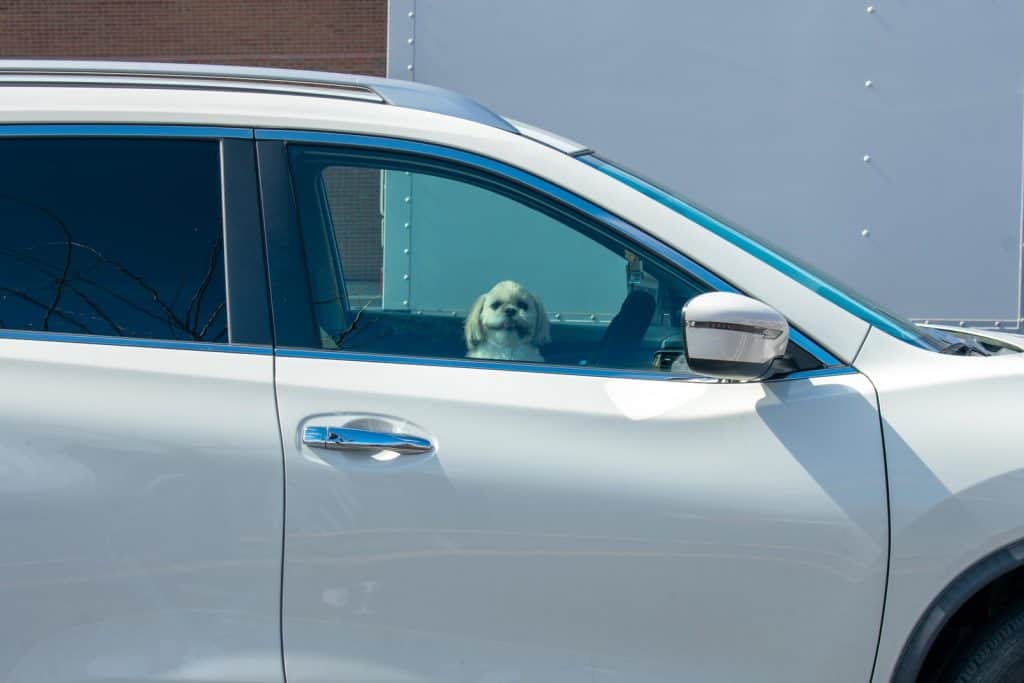Learn what the top 10 accidents that can have fatal consequences for dogs are, and how you can protect your favorite furry friend from them.
Every dog owner’s worst nightmare is their dog having a fatal accident. We all want to protect our pets to the best of our abilities and feeling as if we are unable to protect them can be devastating. But what if there are some things you can do to prevent the top 10 causes of accidental death in dogs? Read on to find out how you can stay aware and alert and possibly prevent a heartbreaking disaster.
1. Hit by a car
Dogs and streets can be a dangerous mix Unfortunately this kind of accident is all too common. Though living in a large urban area increases the number of cars around, this can happen anywhere, as people in the country are more likely to let their dogs roam free. You can cut down on the likelihood of this happening a few ways: always keep your dog on a leash when outdoors for a walk or in a park (unless it’s a fenced in dog park), if you have a back yard ensure it is fenced and inescapable, and teach your dog to sit-stay at the front door until their leash is attached to cut down on the chances of them dashing out when it’s opened.
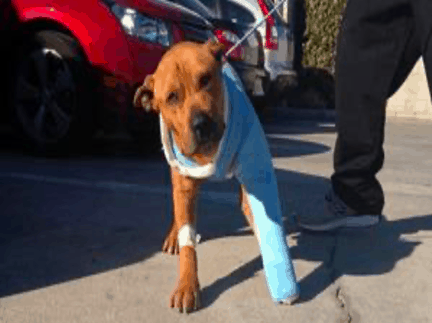
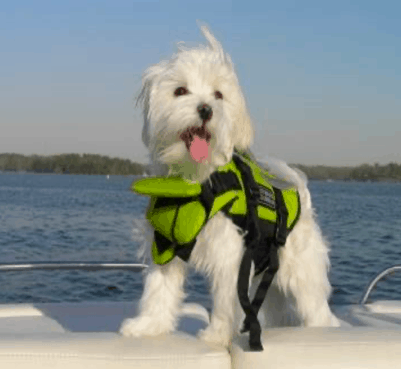
2. Drowning
Not all dogs are efficient swimmers
Some dogs love water and are natural born swimmers. Others, however, have a natural fast of it. Unfortunately downing is all too common for dogs. In order to make sure your pup status safe while enjoying getting wet, make sure to keep a close eye on them. If they love water they may keep playing even when fatigued, which is when the worst accidents can happen. When boating, always put a life vest on your dog, even if they are a strong swimmer. If an accident happens you may be too far from shore or there may be a strong current or undertow. If you have a swimming pool consider putting a fence around it to cut back on the chance of an accident.
3. Extreme temperatures
People often assume that dogs are fine no matter the weather, but many dogs now live outside of the climates they were bred for. Chihuahuas originated in hot weather counties and thus need protection from the cold in the winter. Conversely, dogs with heavy coats need special attention when it’s hot out. It goes without saying to never leave your dog in a hot car, apartment, garage, etc, but many other scenarios can lead to overheating, which can be deadly.

4. Poisoning
Dogs will eat just about anything, which has the potential to lead to disaster quickly. At home, ensure all cleaning products and pills/medicine are in cupboards well put of reach of your pup, or put child locks on cupboards with dangerous items in them if your dog is smart enough to open them. When on walks, pay close attention to them, especially around garbage cans, or if there is something on the ground they may eat. If you have a back yard, or plants in your house, ensure that your plants are not toxic to dogs, especially if you let them hang out in it without
supervision. Even food that is perfectly edible to humans can be fatal to dogs! For more info on potential poisons to your pets, and if you think your pet may have ingested something poisonous, you can call the Pet Poison Helpline, and obviously make sure to take your pup to the vet if they are throwing up or sick.
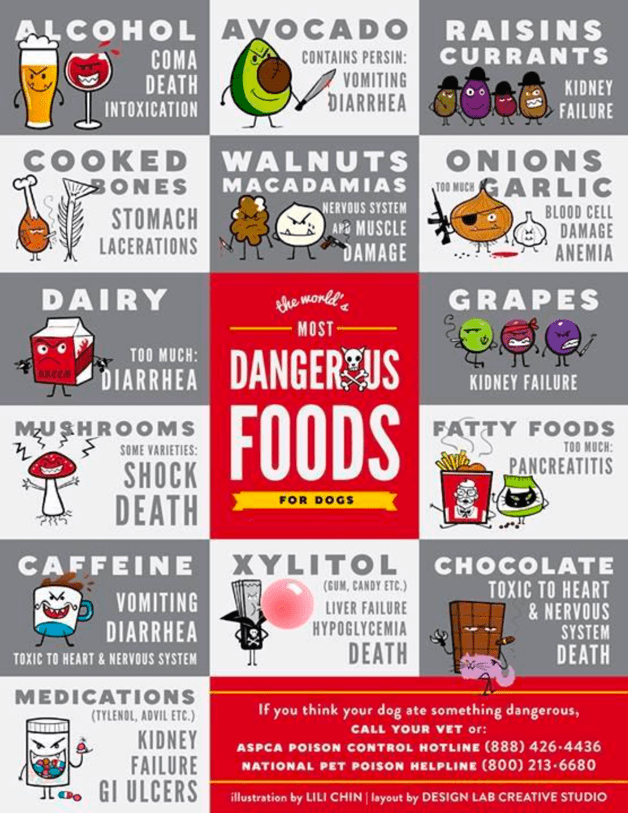
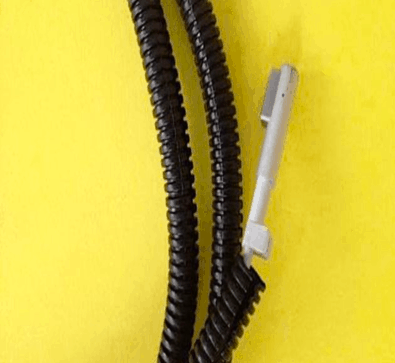
5. Electrocution
This is a weird one that a lot of people may completely overlook, but if you have a teething puppy, or if your dog is just naturally inclined to chew, you need to be super careful about them chewing the cords of plugged-in electronics. You can take steps to prevent this by either keeping everything unplugged when you aren’t using it (bonus: you will save on your energy bill), ensuring that all cords are out of reach (i.e. are behind furniture your pet cannot get behind), you can try deterring chewers with bitter apple spray, or you can even get hard plastic tubing to route all your cords through.
6. Choking
If your dog is a chewer they have more than just electrocution to be worried about — choking also poses a serious threat to dogs who chew on non-edible items, and those who wolf down their food. Chewing on shoes or furniture can cause chunks too large and hard to be swallowed to break off, and these can easily become lodged in your pet’s throat. Even edible treats like chew bones can be dangerous to dogs who wolf down their food and do not take the time to chew into smaller bites. To prevent this, buy toys that are big enough to not be accidentally swallowed, keep any items your dog may be able to try to swallow whole, or to chew out of their reach.
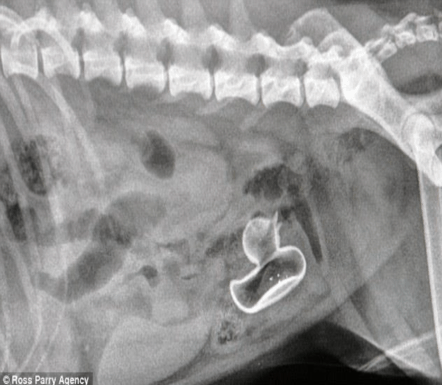
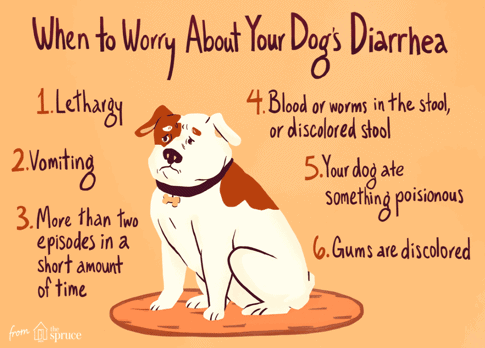
7. Diarrhea
One of the more common problems seen on an emergency basis is a disease process called hemorrhagic gastroenteritis, also known as HGE. Hemorrhagic gastroenteritis is a potentially life-threatening intestinal condition, which manifests as a sudden onset of bloody, watery diarrhea, with vomiting often being
part of the syndrome. Sloughing of the lining of the intestines occurs from severe inflammation leading to “chunks” of tissue in the otherwise watery stool. We describe this as “raspberry jam” diarrhea. This
process is extremely dehydrating—much more than you would think from the amount of diarrhea observed—and dogs can go from “near normal” to “near death“ in a frighteningly short time. If HGE is not promptly treated, the massive loss of fluid can cause life-threatening shock. Smaller dogs seem to have a predisposition towards HGE, and it should be noted that the smaller the dog, the more dangerous the condition. Small dogs just don’t have the same bodily reserve as a larger dog; it simply doesn’t take much for them to become severely dehydrated.
8. Other animals or Dogs
Small dogs are at greatest risk to be killed by wild animals or other dogs, as they are smaller and more likely to become prey. Large birds have been known to swoop down and carry off little dogs, and obviously things like coyotes, cougar, bears, etc. can kill a dog of any size. If your dog’s collar makes a noise via a bell or tags jingling, it can help ward off predators, and aid you in keeping tabs on them. If you live in the country or woods or if you go hiking in the wilderness often, make sure you keep track of your pet at all times, and a leash can be helpful, as some dogs will go running off to challenge or chase any animals they hear nearby
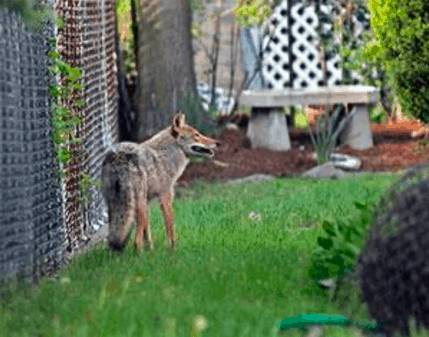
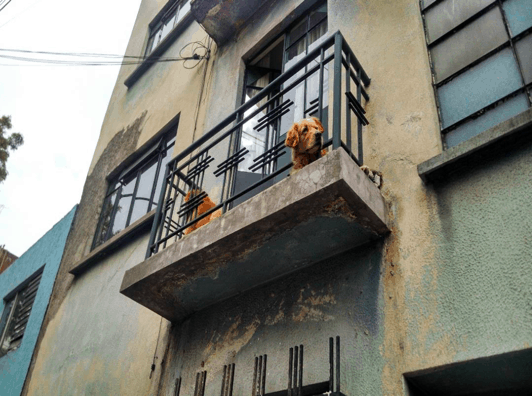
9. Falling from high places
If you have a deck, multi-leveled home or live in an apartment, your pet falling off the deck or through a window is a very real possibility. When dogs get excited and their hunt/chase instincts kick in they often will not think, and can lose their balance and fall. Always be aware when you are in high places with your pet, and ensure window screens are secure and that your deck does not have a space large enough for your dog to squeeze through
10. Suffocation
SExplorative dogs and those who love scavenging for food are the ones susceptible to suffocation. If your pup is curious and loves digging through things/trash/recycling, be very careful of what you leave in there. All if takes is one errant bag loop over the head when you’re not home, and your pup can suffocate. Even things like empty canisters (like the large ones for coffee and other bulk items) can pose a risk
